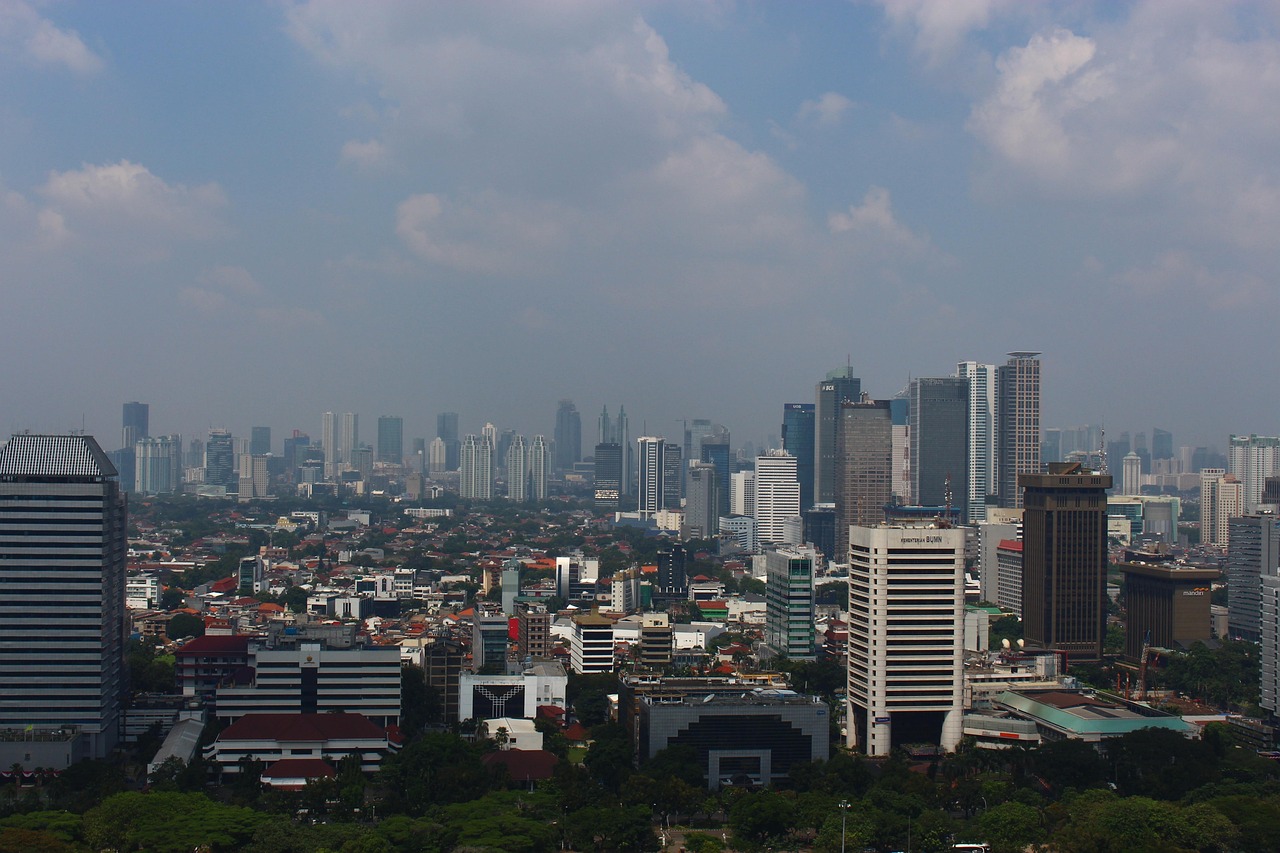How to Enter the Indonesian Market
How to enter the Indonesian market is a crucial question for global businesses targeting Southeast Asia’s largest economy. With over 270 million people, a rising middle class, and accelerating digital adoption, Indonesia presents attractive opportunities in sectors such as infrastructure, manufacturing, fintech, and consumer goods. However, entering this promising market requires more than ambition—it demands a clear strategy, local knowledge, and full compliance with Indonesian regulations to build a competitive and sustainable presence.
Understanding the Indonesian Business Environment
Before launching operations, foreign investors need to understand the diverse and decentralized nature of Indonesia. While Java—especially Jakarta—serves as the business and political hub, other regions like Sumatra, Bali, and Kalimantan are also emerging as attractive destinations for investment.
The government has introduced investor-friendly reforms, such as the Omnibus Law on Job Creation, aimed at simplifying business licensing and reducing bureaucratic obstacles. Key sectors welcoming foreign investment include:
- Digital and e-commerce
- Infrastructure and construction
- Healthcare and pharmaceuticals
- Agriculture and food processing
- Renewable energy
Choosing the Right Market Entry Strategy in Indonesia
There is no one-size-fits-all approach to entering Indonesia. Selecting the right entry model depends on your business goals, industry characteristics, and risk profile. Common strategies include:
- Exporting through local buyers or distributors
- Partnering with local agents or forming joint ventures
- Establishing a PT PMA (foreign-owned company) for full operational control
Among these, setting up a PT PMA (Perseroan Terbatas Penanaman Modal Asing) offers greater autonomy and access to local operations, although it requires meeting regulatory conditions and capital requirements.
Company Establishment in Indonesia: Key Requirements
To legally operate in Indonesia, foreign investors must register a PT PMA. The process involves:
- Reserving a company name and drafting the deed of establishment
- Legalizing the deed with a local notary
- Obtaining a Taxpayer Identification Number (NPWP)
- Registering with the Online Single Submission (OSS) system
- Securing a Business Identification Number (NIB) and sector-specific licenses
Certain sectors may impose restrictions on foreign ownership or require additional approvals. Navigating this process often requires assistance from local business consultants who understand the regulatory nuances.
Conducting Market Research and Finding Local Partners
Understanding the Indonesian market is essential to reduce risk and improve decision-making. Localized market research can help assess:
- Consumer behavior and buying patterns
- Regulatory environment and trade barriers
- Competitive landscape and pricing models
Building relationships with local partners—distributors, service providers, and business consultants—can also accelerate your market entry. They bring knowledge of the cultural context, legal system, and local networks, helping you adapt quickly and efficiently.
Taxation and Labor Compliance for Foreign Companies
Indonesia imposes several taxes and statutory obligations on companies:
- Corporate Income Tax: Generally 22%
- Value-Added Tax (VAT): 11% on most goods and services
- Withholding Taxes: On dividends, royalties, and interest payments
- Employee Taxes and Contributions: PPh 21 and BPJS Kesehatan and BPJS Ketenagakerjaan
Labor laws cover employment contracts, minimum wage, work termination procedures, and compliance with manpower registration. Companies must also manage local payroll systems in accordance with regulations.
Localizing Your Business Strategy
Successful market entry involves more than legal setup. Businesses must also align their strategy to fit Indonesia’s local culture, consumer preferences, and digital behavior. Key considerations include:
- Adapting brand messaging to local languages and customs
- Investing in digital platforms—especially mobile, social media, and e-commerce
- Engaging with industry associations, chambers of commerce, and government stakeholders
- Staying updated with regulatory changes and market developments
Making a long-term commitment to the Indonesian market—through local hiring, CSR, and investment—enhances reputation and growth potential.
Your Next Step Toward Entering the Indonesian Market
Indonesia offers vast potential for companies ready to take a strategic, compliant, and locally informed approach. From selecting the right entry strategy and forming a legal entity to partnering with local players and adapting your business model, each step is critical to success.
If you’re still exploring how to enter the Indonesian market, working with a trusted local advisor can make all the difference.
